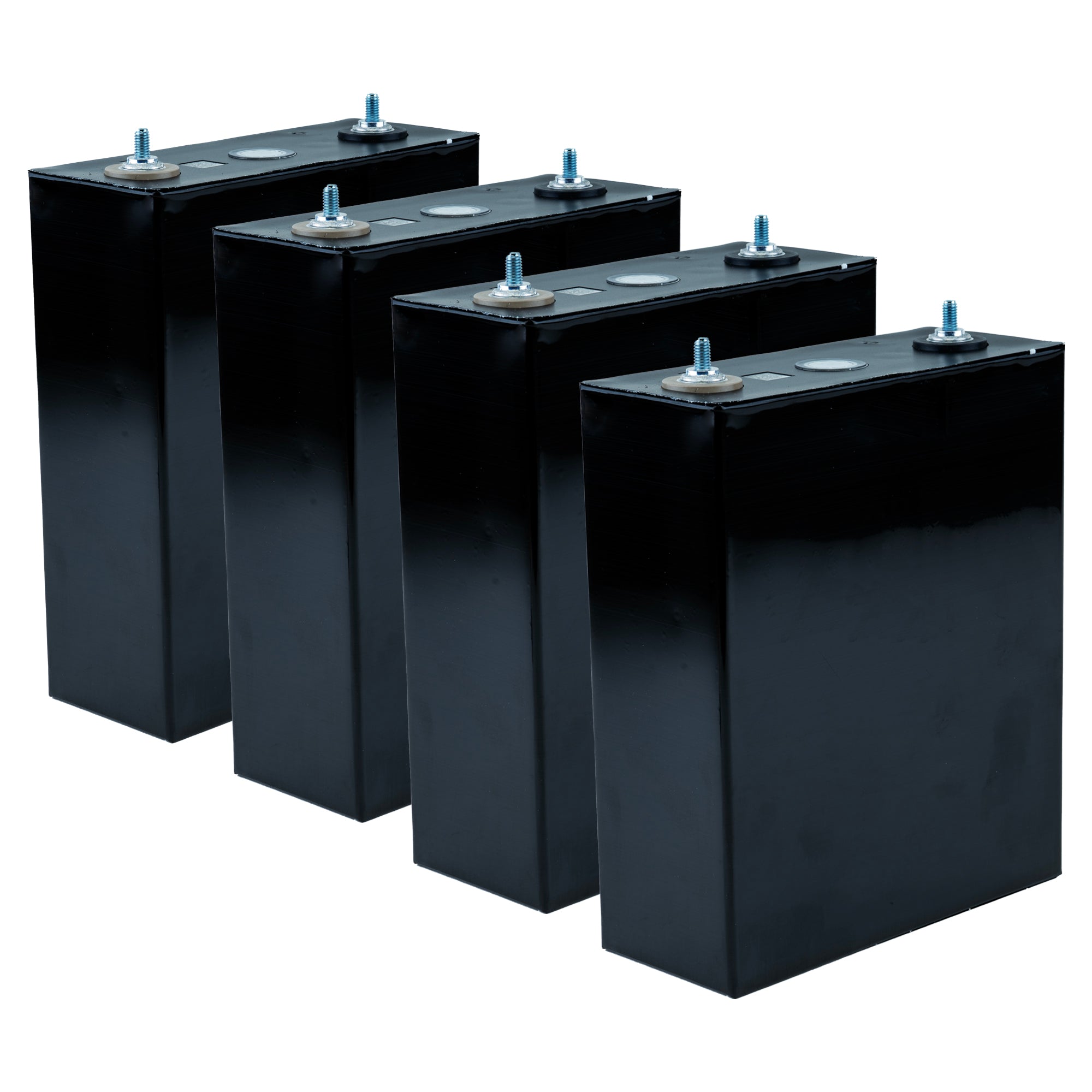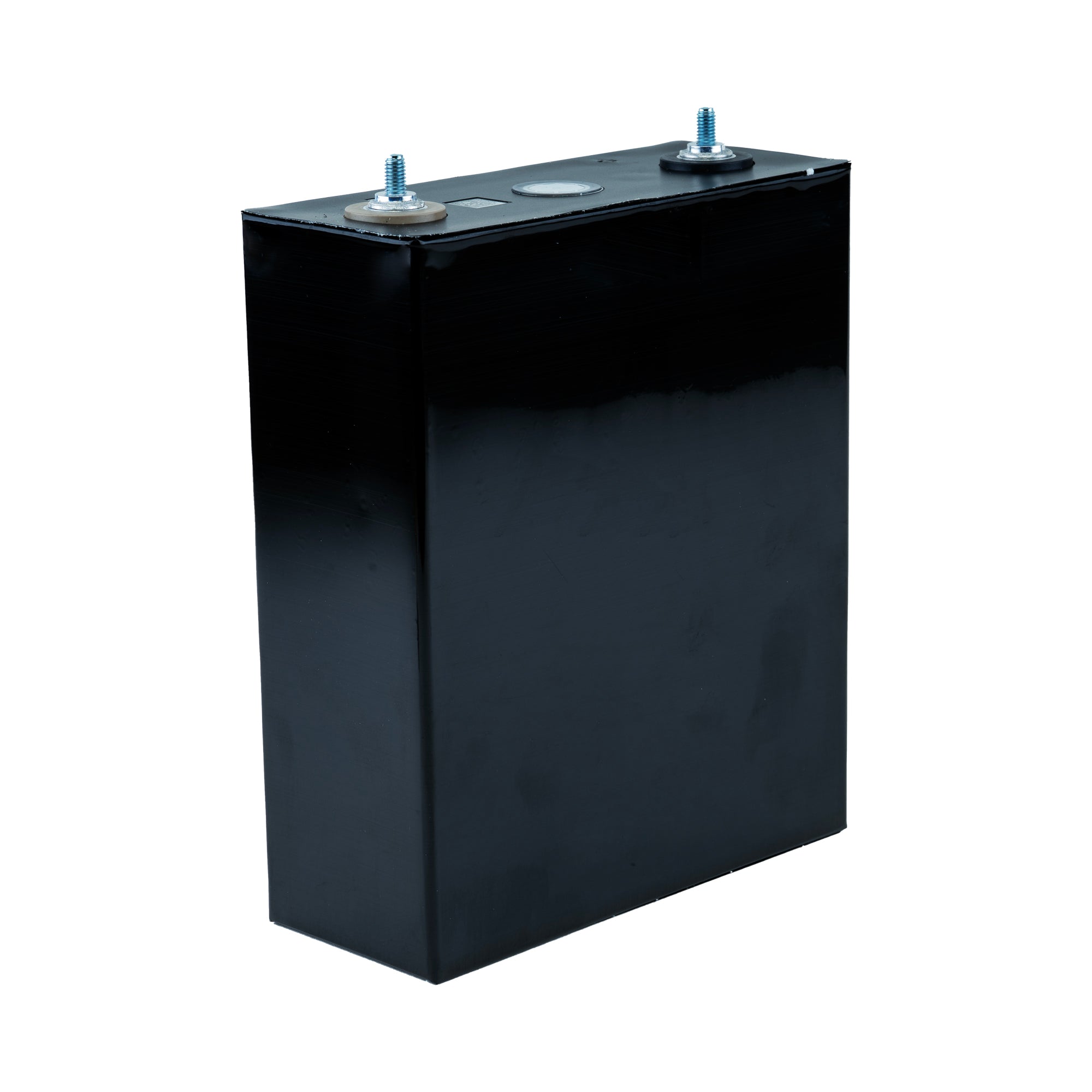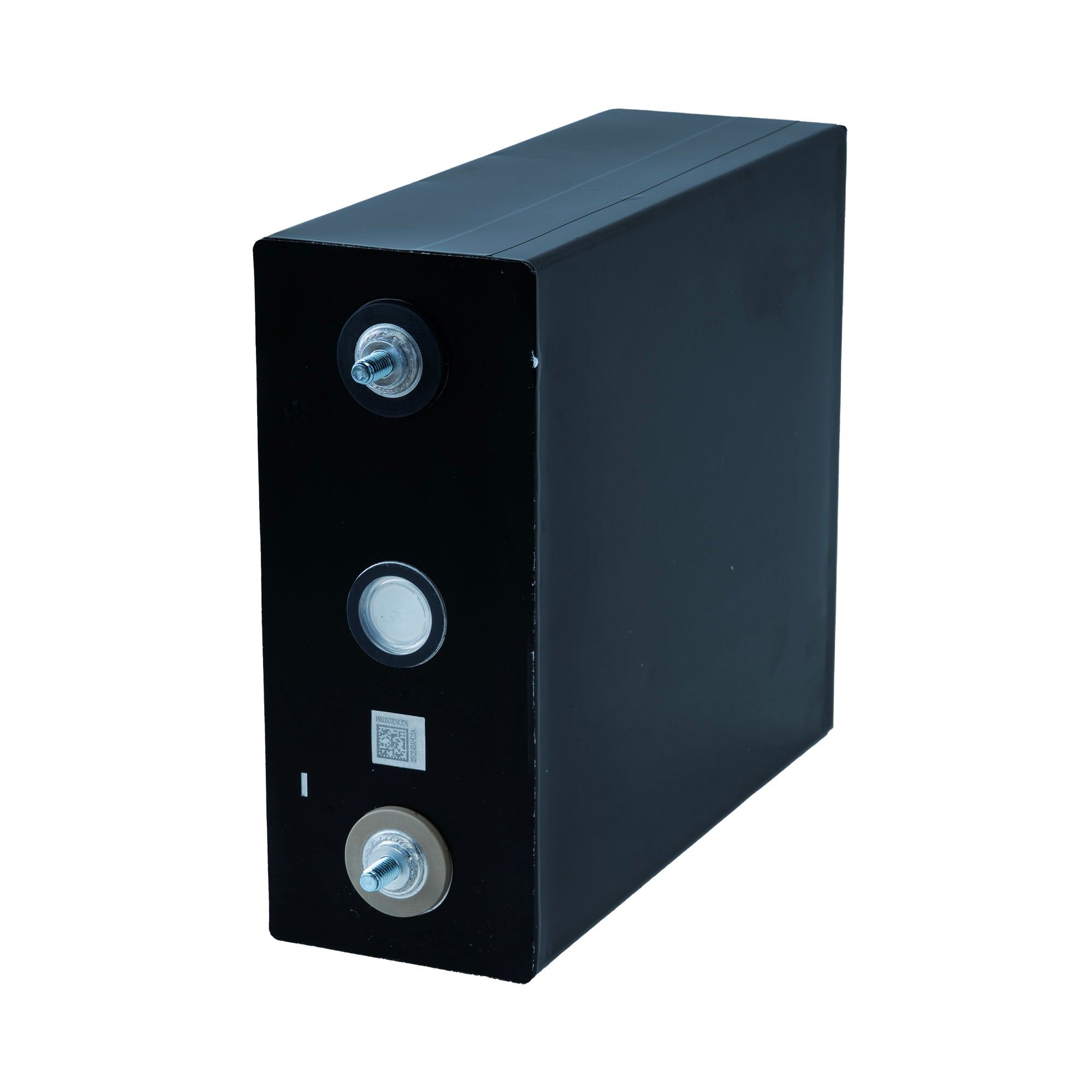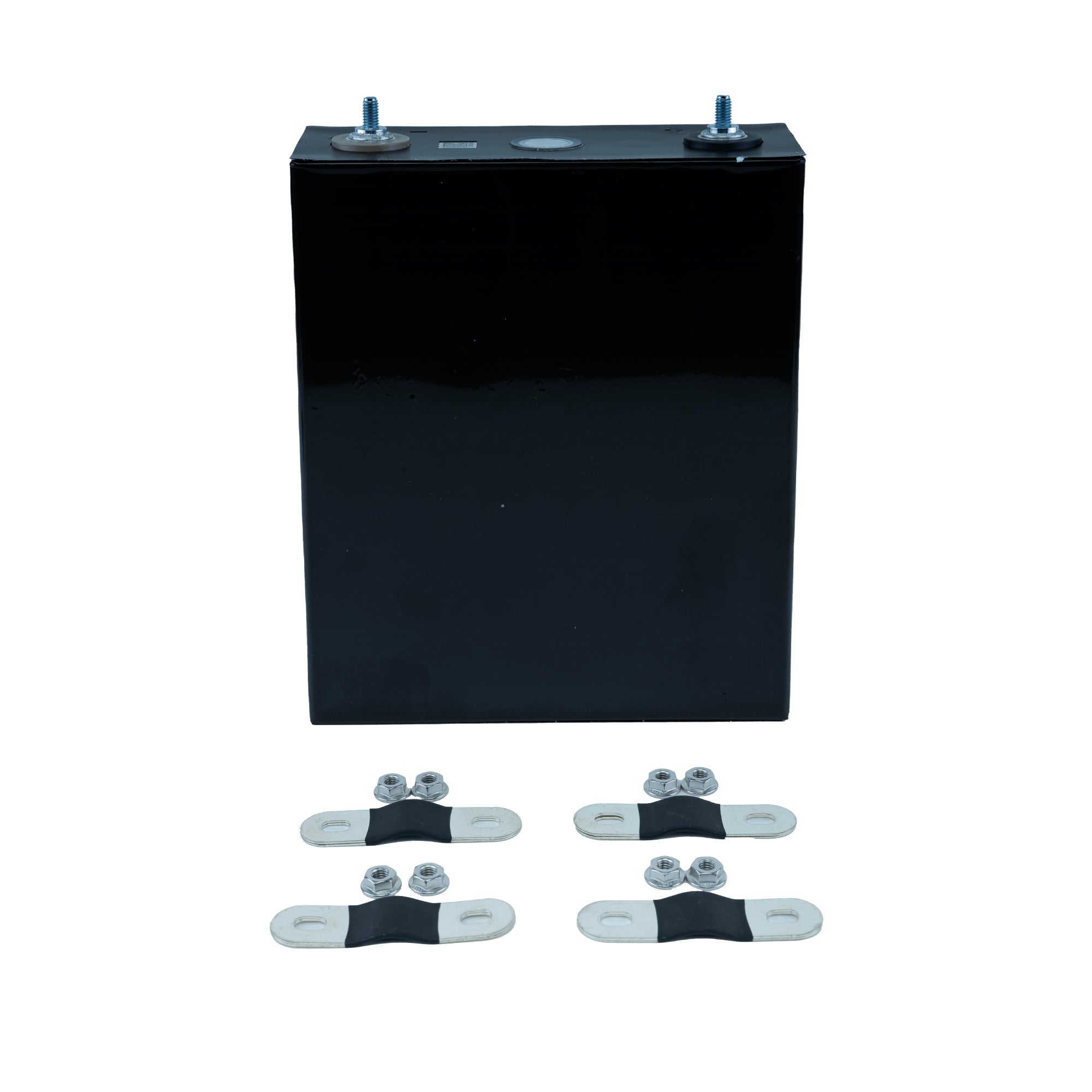Need serious power? Meet the BYD 3.2V 302Ah LiFePO4 Prismatic Cell — your go-to battery for high-demand energy projects. Whether you’re building a solar power system, converting an EV, or upgrading your golf cart or marine setup, these LiFePO4 cells deliver massive capacity and dependable performance.
Each cell packs a punch with 302Ah capacity and a 3.2V nominal voltage, making it a great fit for energy storage systems and electric transportation. With support for 1C continuous charge/discharge and up to 2.5C pulse bursts, it handles peak loads with ease while staying cool and safe.
- What’s Inside: One powerful BYD 302Ah 3.2V LiFePO4 Blade Cell
- Built to Last: Over 3000 charge cycles at 0.2C usage
- Fast & Safe: 1C continuous / 2.5C pulse discharge support
- Charge Range: 3.65V max, discharges down to 2.5V
- Temp Tolerant: Operates between -20°C and 55°C
- Low Impedance: Less resistance = more efficient power delivery
- Size & Weight: 207.4×71.7×174mm, 5.54kg per cell
- Certifications: UL, CE, MSDS, UN38.3 approved
Use it your way: These high-capacity prismatic lithium cells are ideal for solar storage banks, off-grid setups, RV batteries, forklifts, boats, e-bikes, and more. Whether you’re a DIY enthusiast or a power system pro, BYD’s LiFePO4 Blade Cells are built for big results.
Go green, go powerful. BYD 302Ah Blade Cells offer a safer, smarter, longer-lasting battery option for your next high-powered project.
⚠ Important Safety Warnings
Improper handling or misuse of this Lithium Iron Phosphate (LFP) battery can result in ELECTRICAL DAMAGE, FIRE, or THERMAL RUNAWAY, causing personal injury, property damage, or equipment failure. Users must read and follow all safety guidelines before purchase and use. Click here to review the full safety guidelines.
- Voltage Limits: Always operate within the recommended voltage range (2.5V–3.65V). Exceeding these limits can degrade performance, damage the cell, or pose safety risks.
- Thermal Stability: LFP cells are thermally stable, but short circuits, overcharging, or physical damage can still cause overheating or failure.
- Storage & Transport: Always store cells in protective cases or fully assembled battery packs with proper protection circuitry (BMS). Never store loose cells in bags or near conductive materials (e.g., tools, wires, or metal objects) that could contact the terminals and cause a short circuit. Store in cool, dry conditions away from physical or electrical hazards.
- Inspection: Do not use if the battery casing, wrapper, or terminal is damaged, dented, leaking, or bulging. These are signs of instability and potential failure.
- Charging: Use a smart charger specifically designed for LFP cells and ensure that the charger's voltage matches the battery's specifications. Monitor charging and avoid leaving batteries unattended.
-
Prohibited Activities:
- Do not expose the battery to high heat, fire, or liquid.
- Do not short circuit, puncture, crush, or modify the cell.
- Do not charge or discharge beyond the manufacturer’s specified voltage range.
- Do not dispose of in regular trash—always recycle responsibly.
- Emergency Response: If the battery overheats, emits smoke, or swells, move it to a non-flammable surface (e.g., sand or concrete) and stop use immediately. In case of fire, use a Class D fire extinguisher or sand. Do not use water.
Disclaimer
18650Battery.com is not responsible for any damages, injuries, or claims arising from improper use, handling, or failure to follow these safety guidelines. Lithium Iron Phosphate (LFP) cells are designed for specific applications and must be integrated into systems with proper protection circuitry. It is the reseller's responsibility to ensure all safety warnings and product guidelines are effectively communicated to their customers. Users and resellers assume full responsibility for the safe handling, usage, and distribution of this product.




